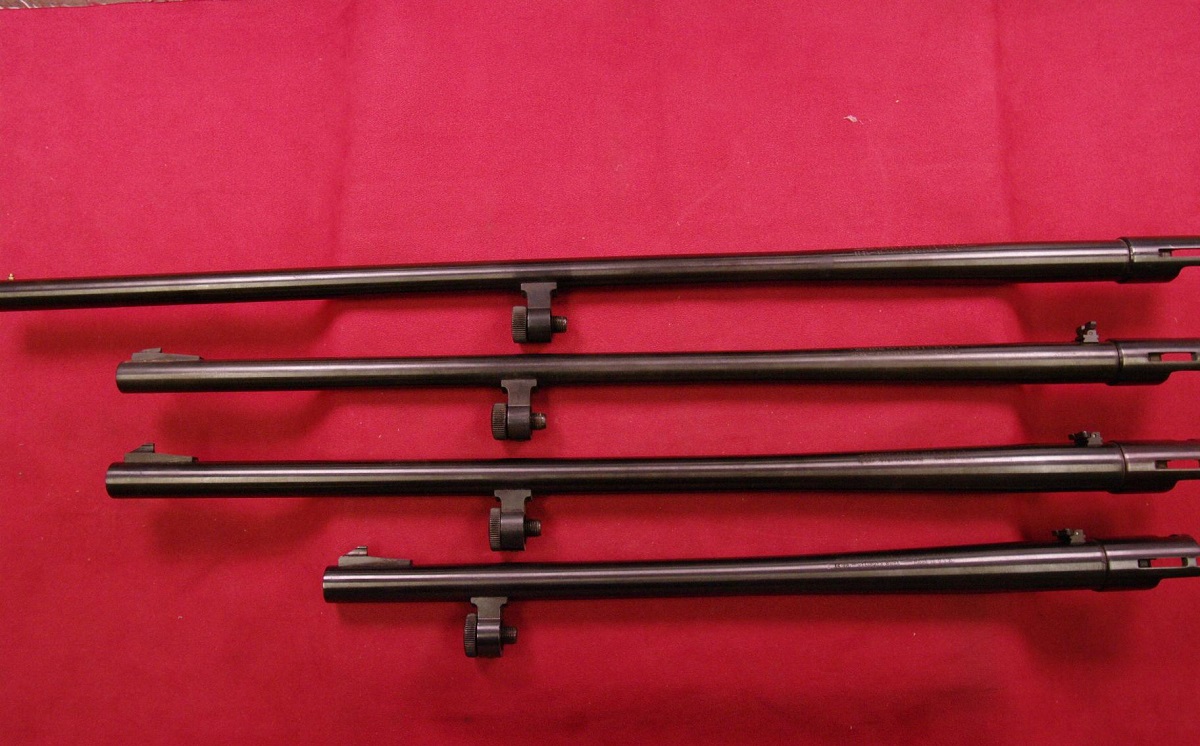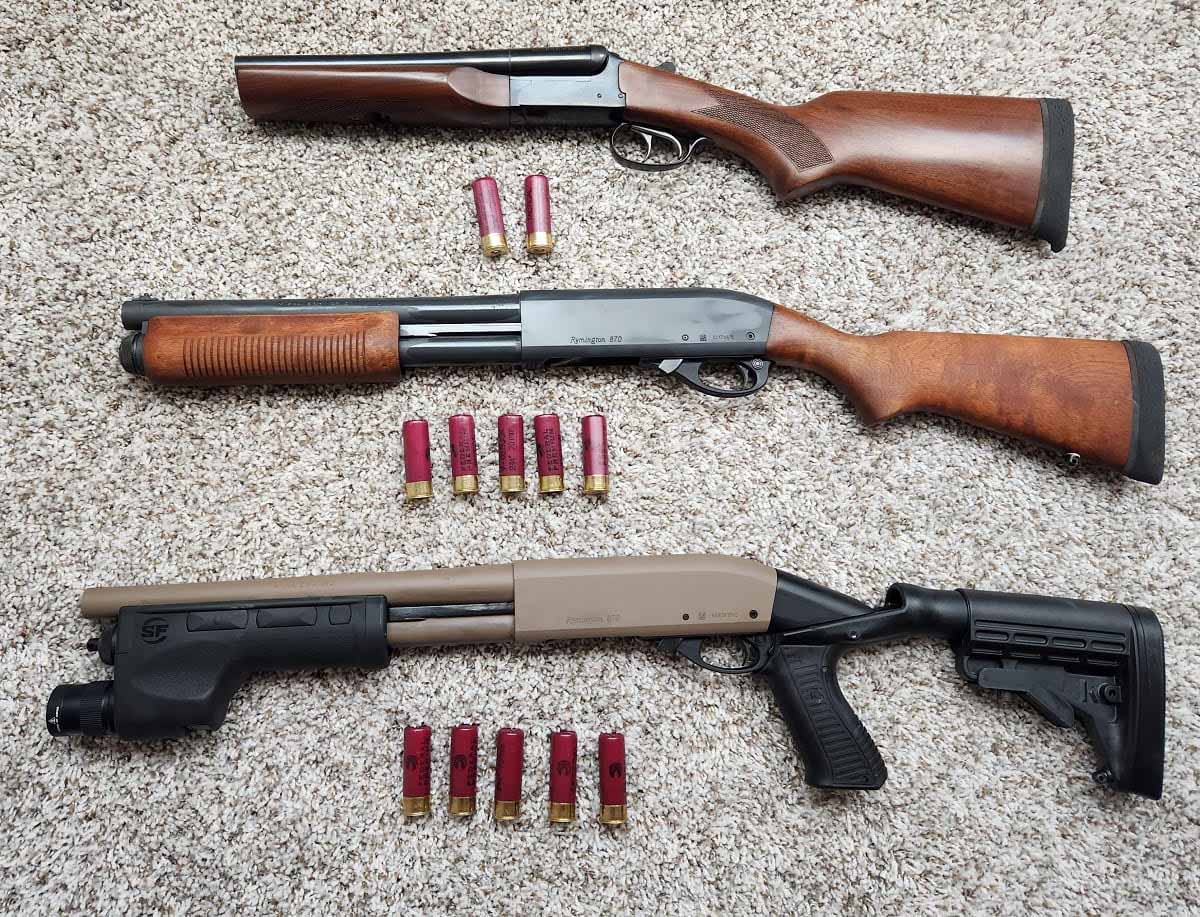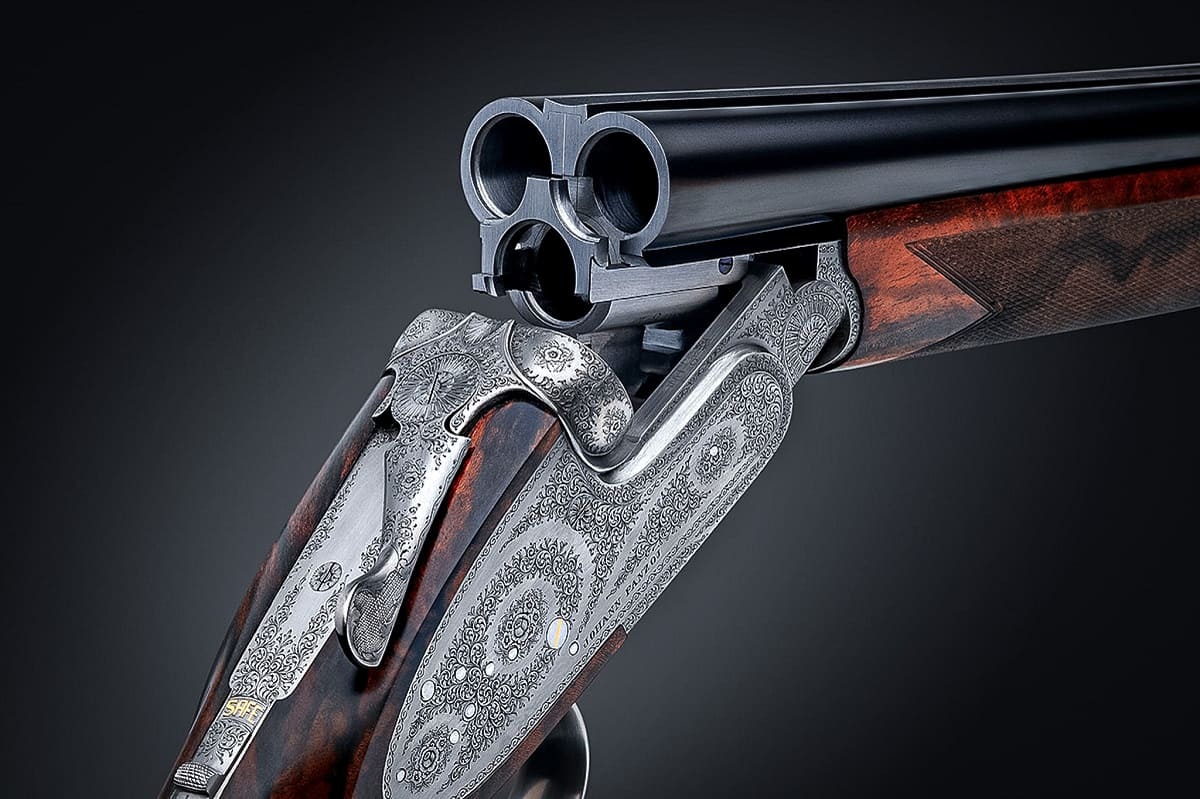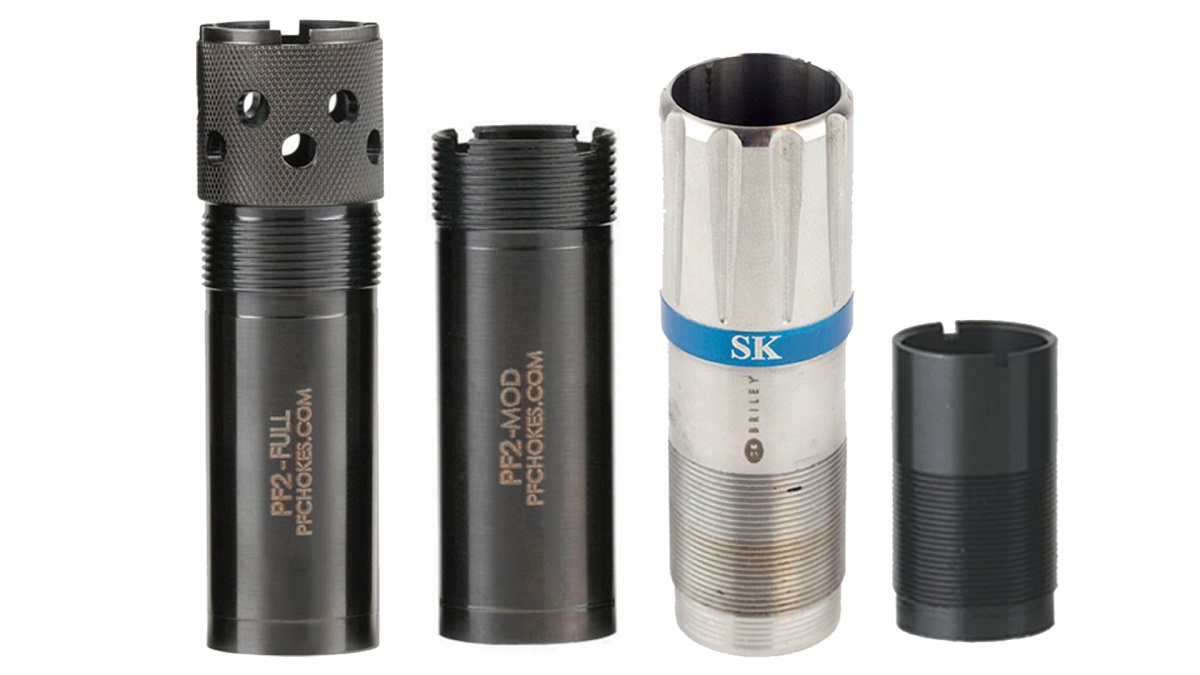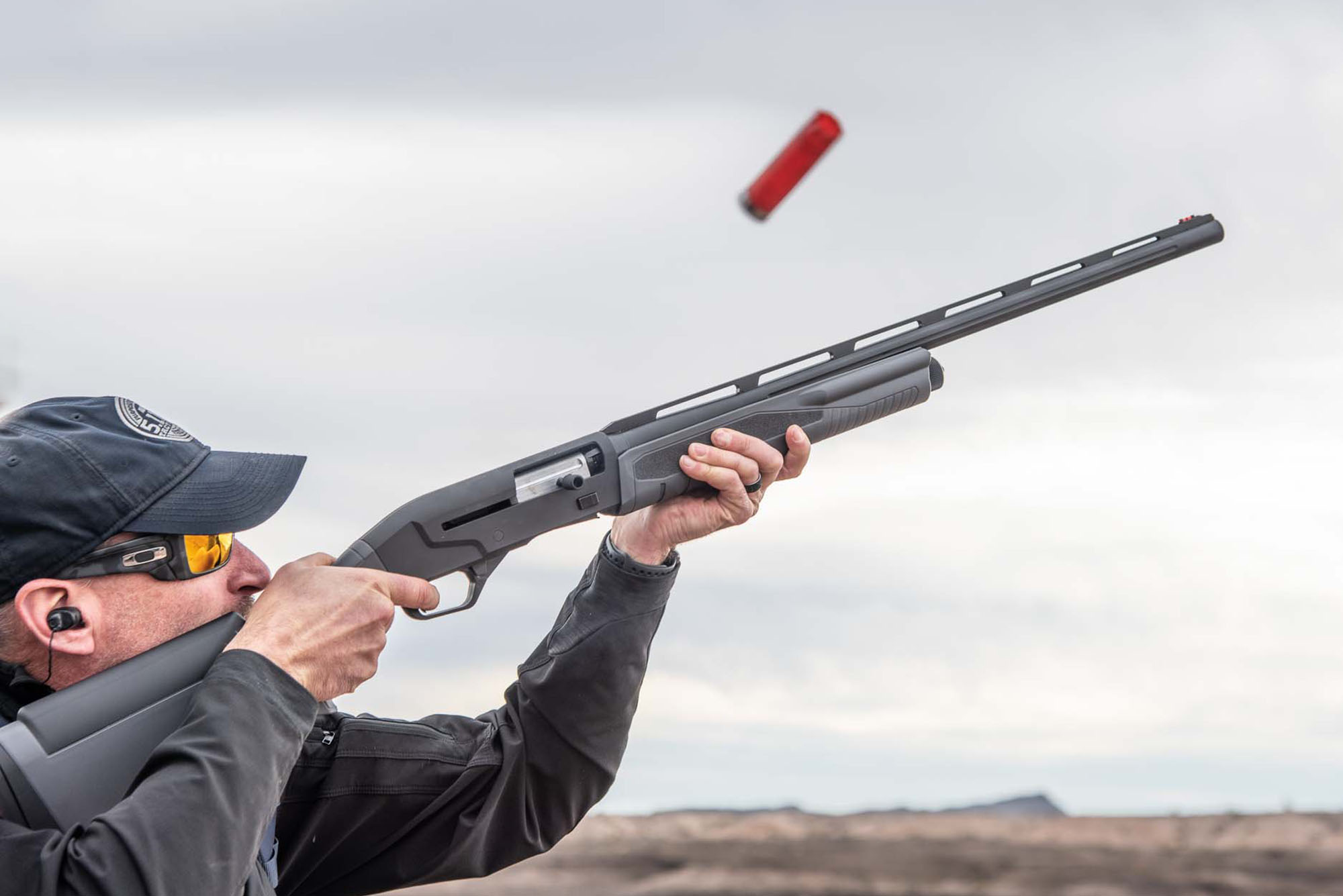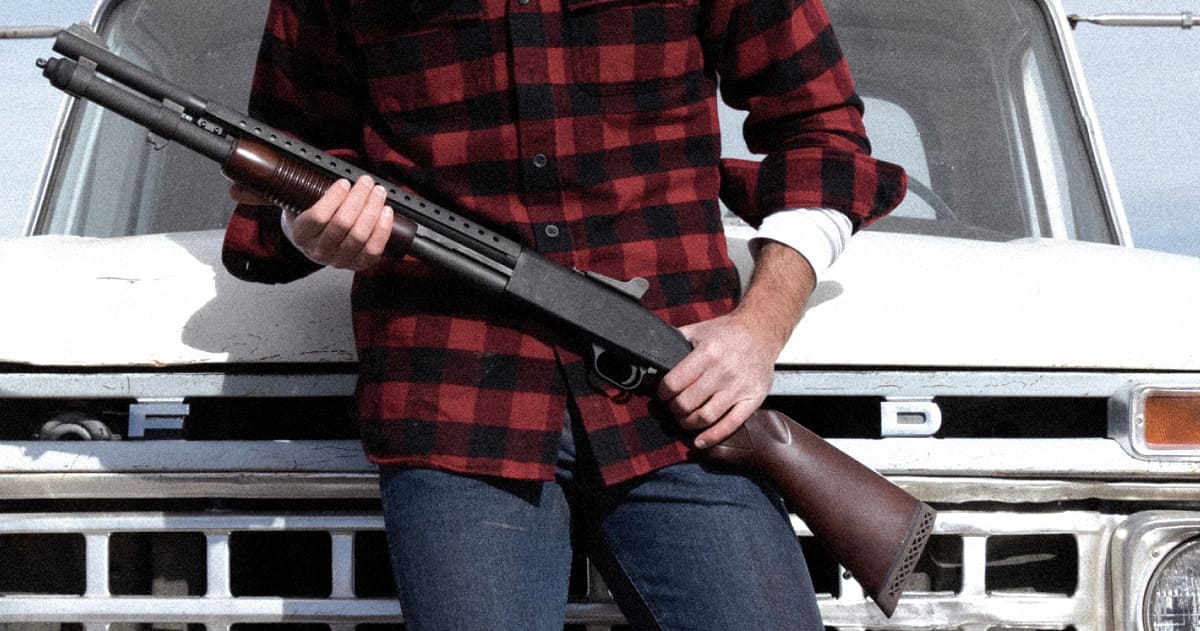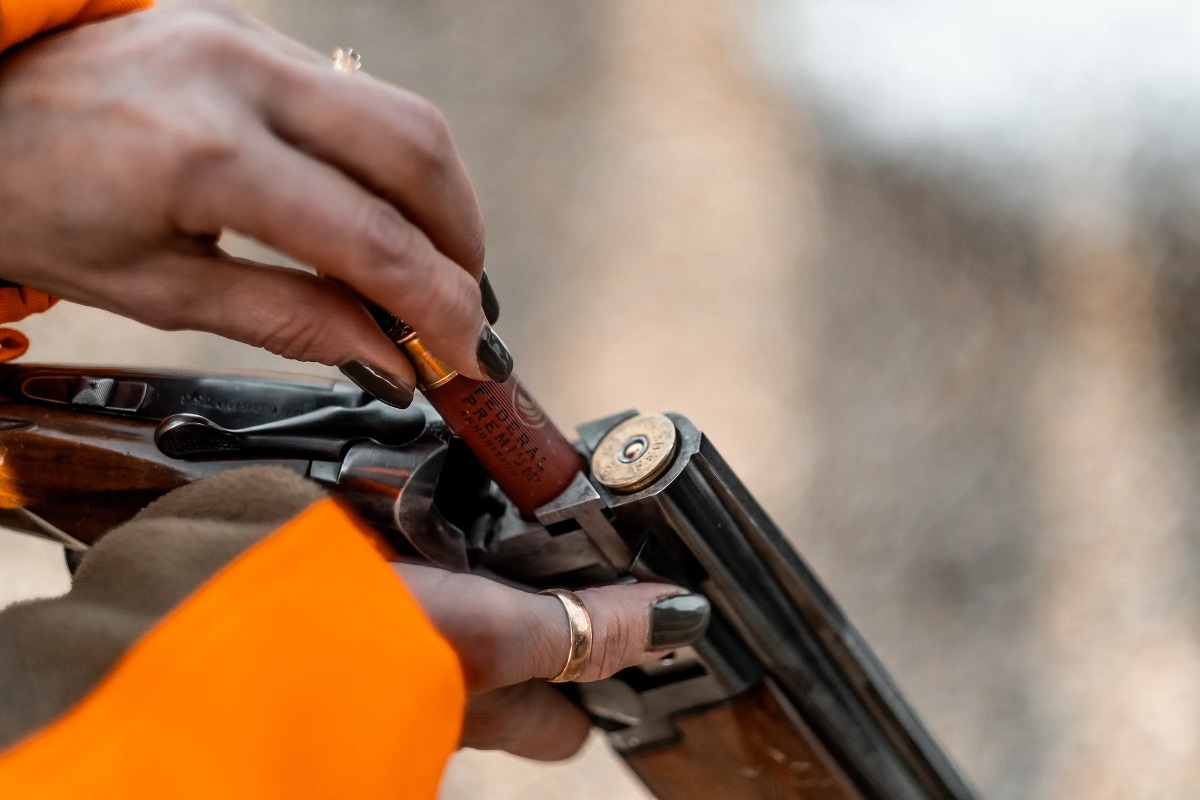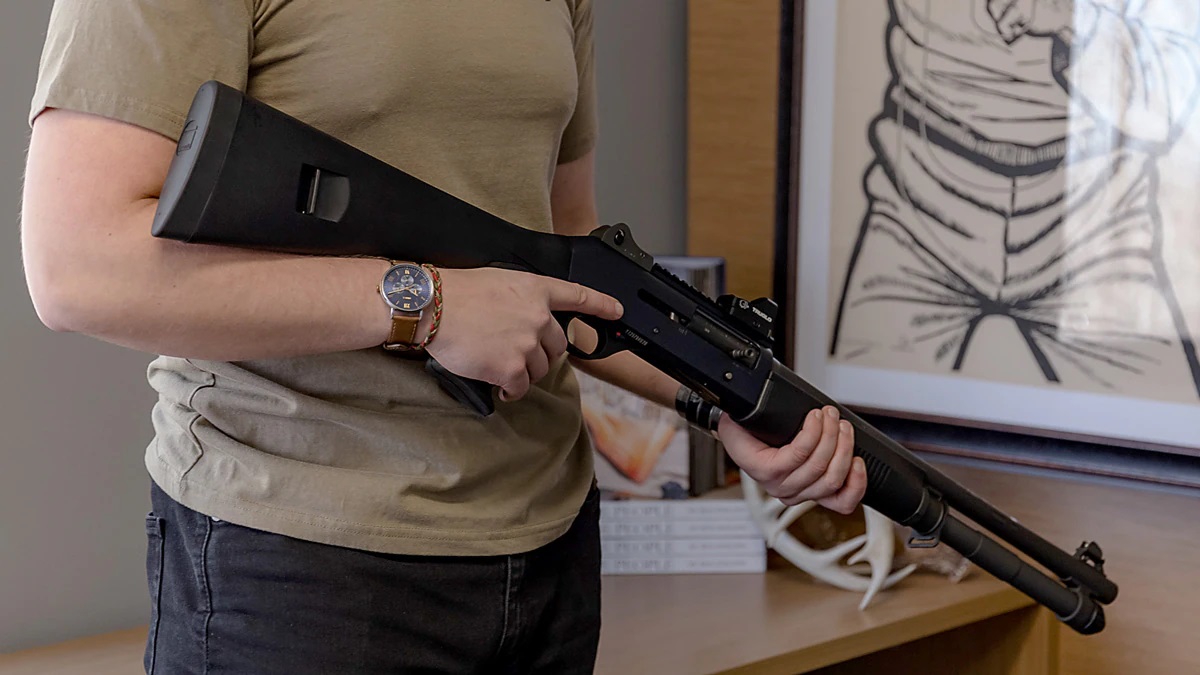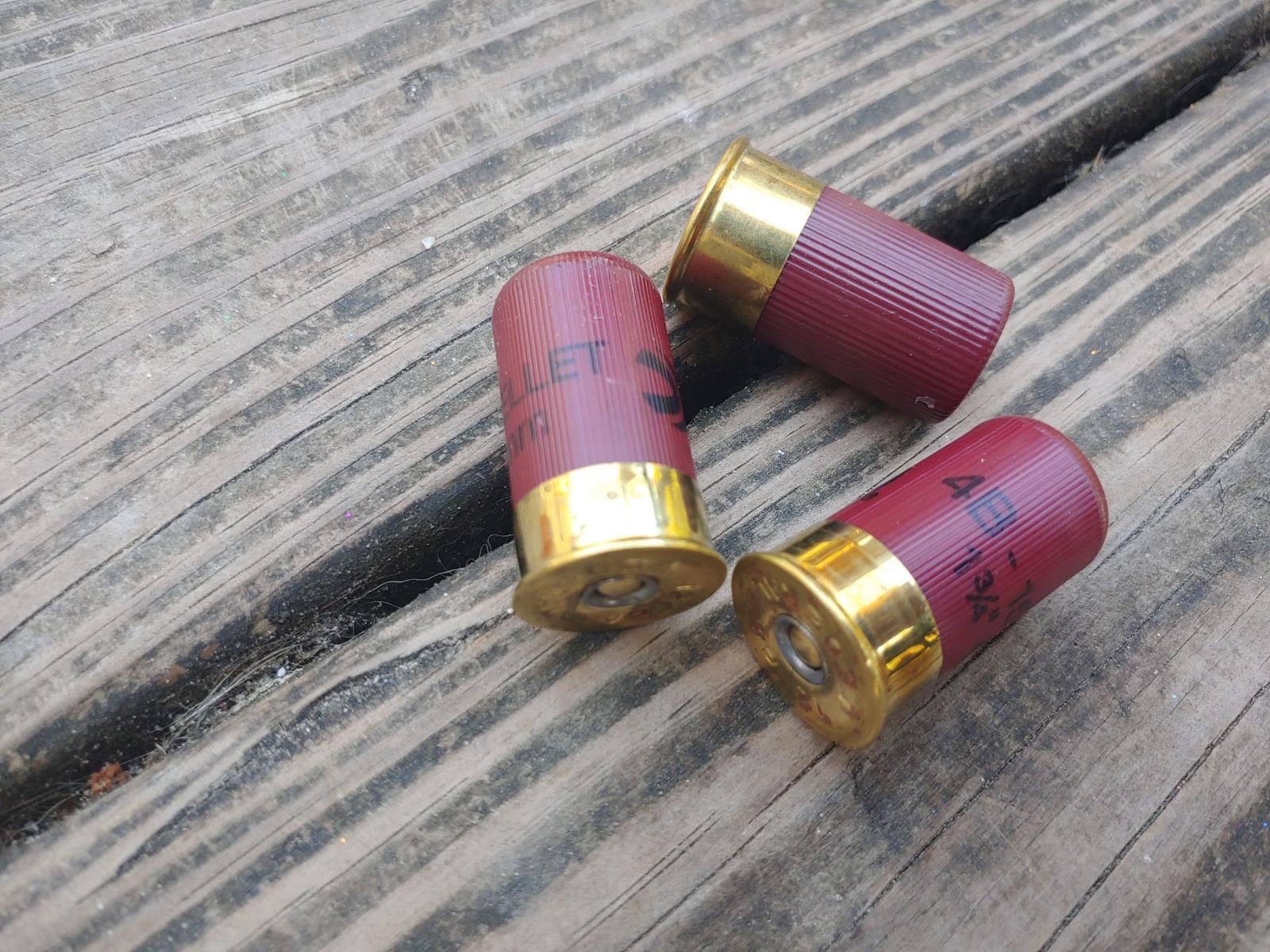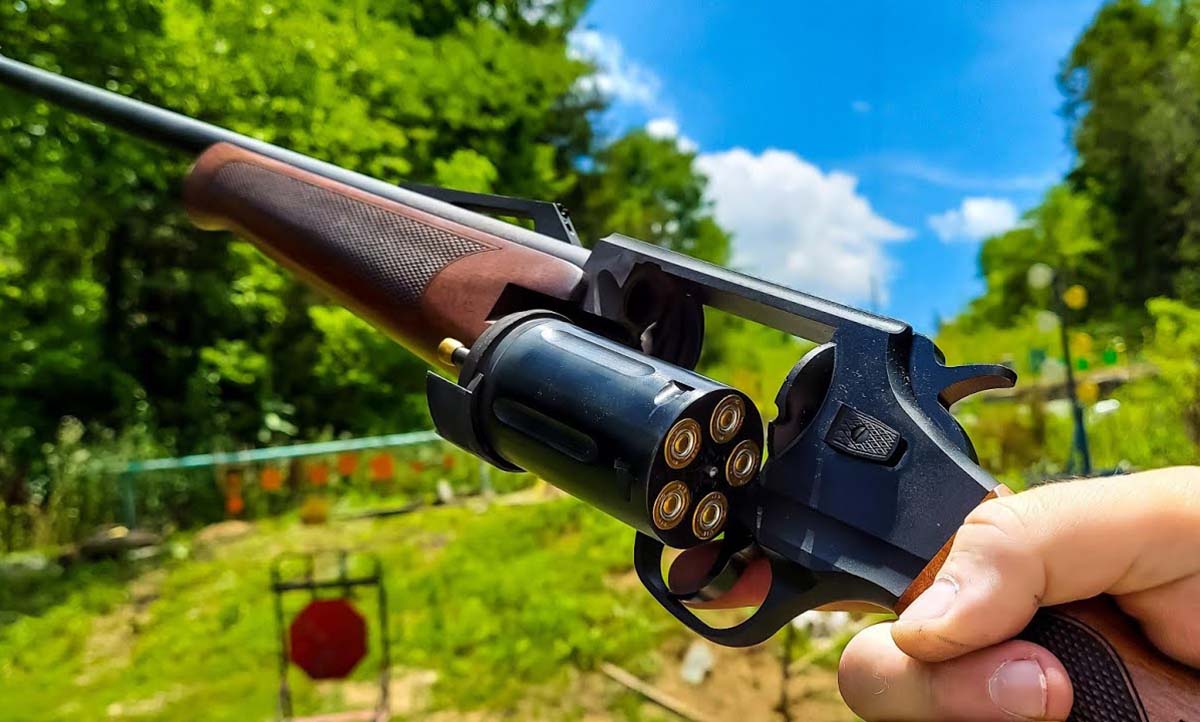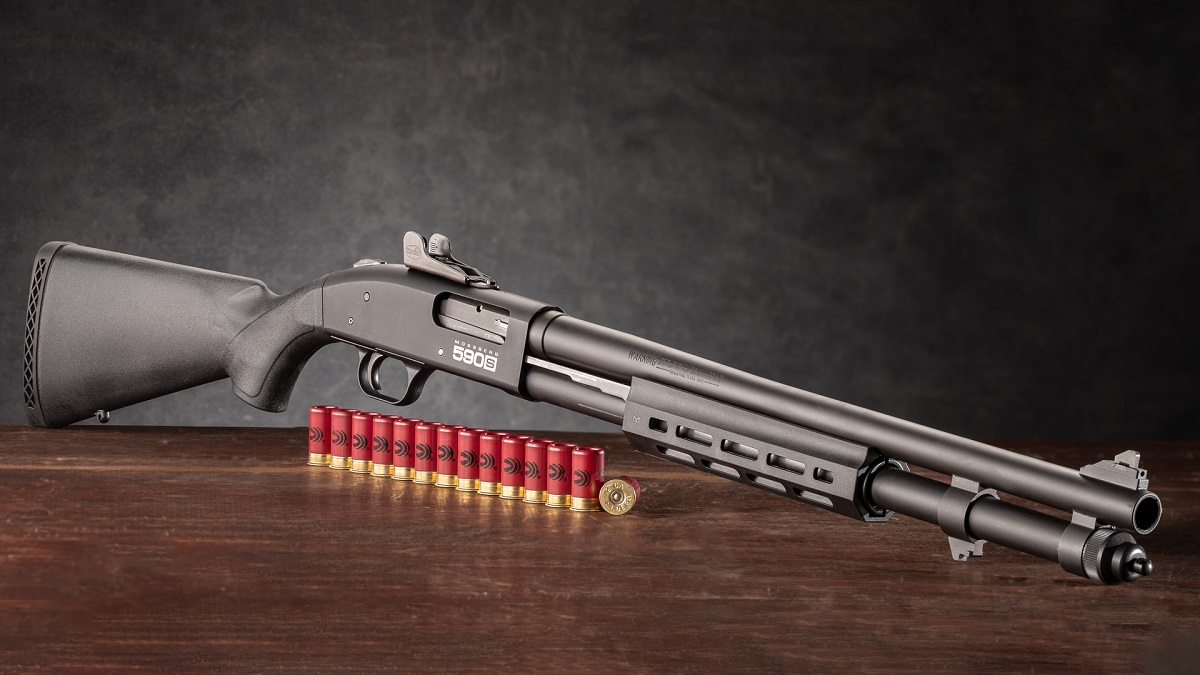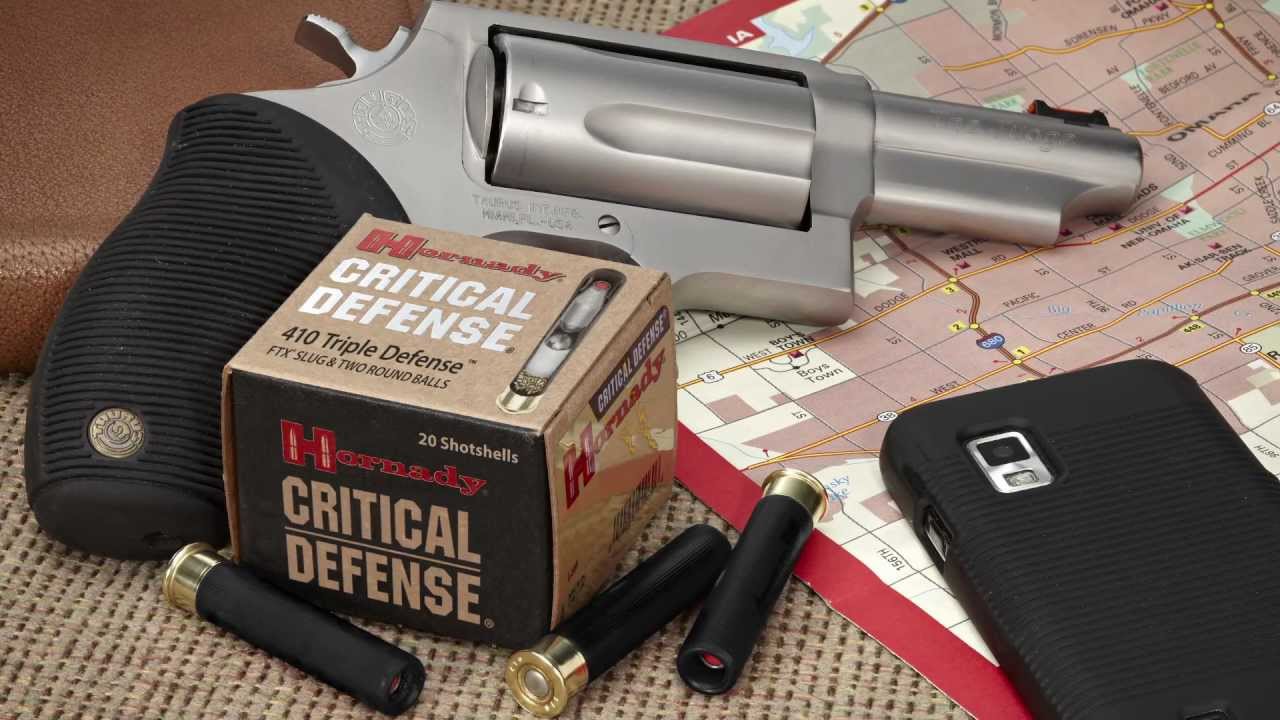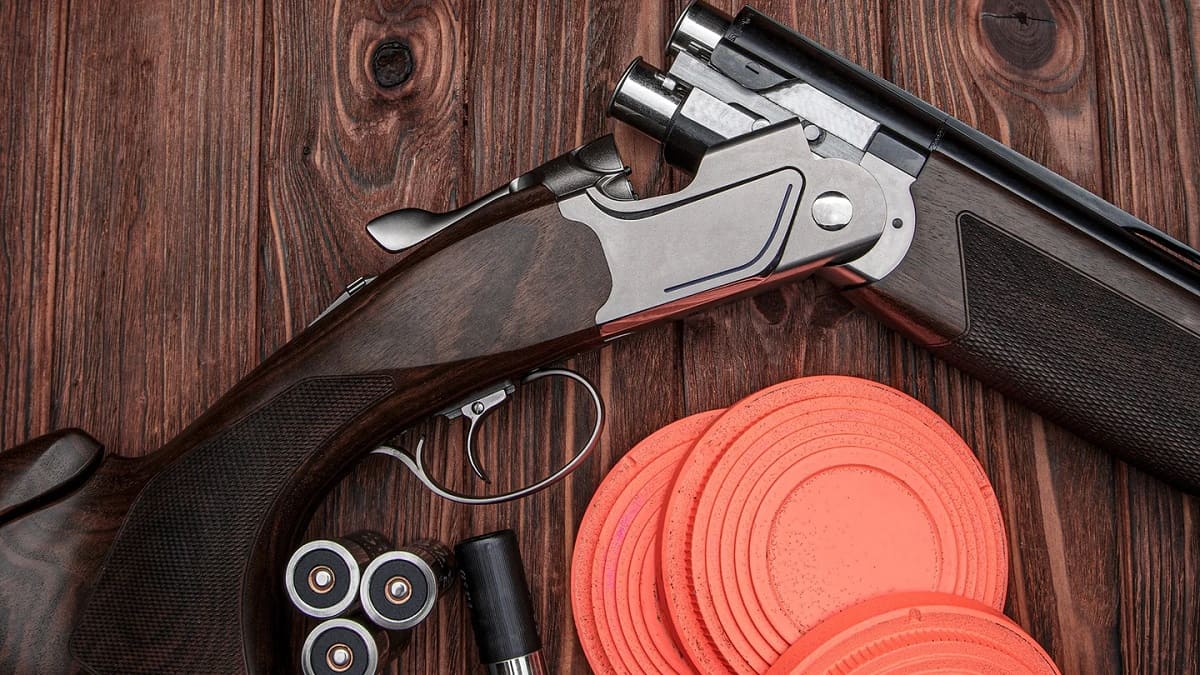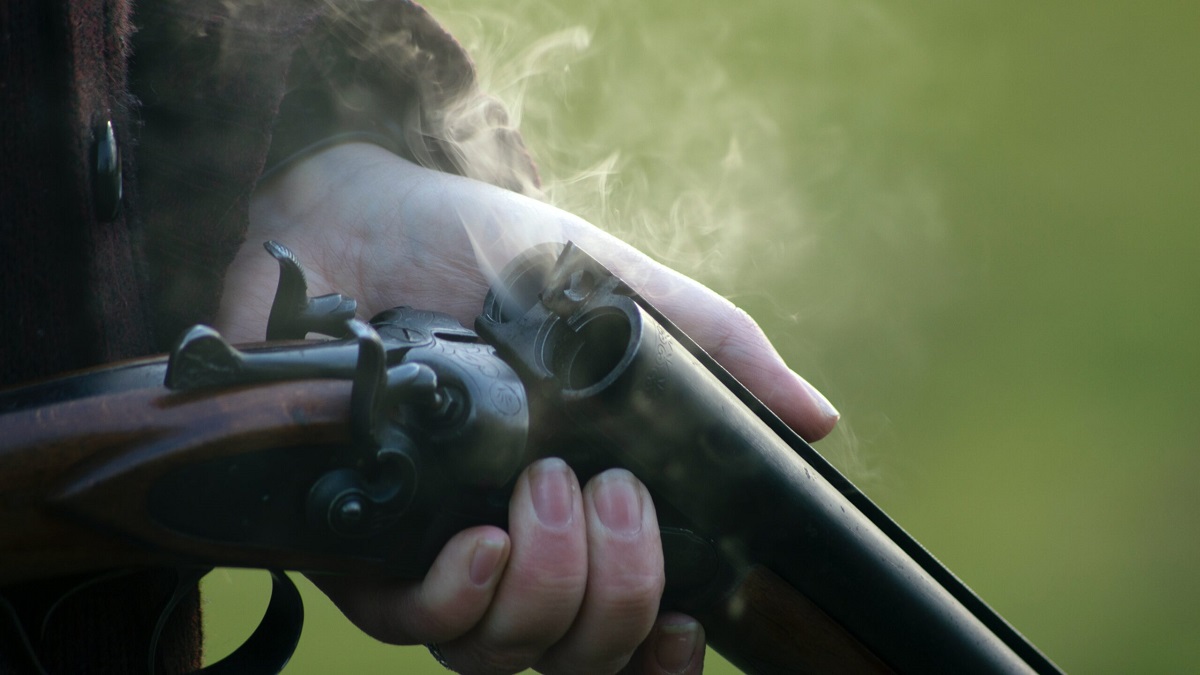Home>Home Security and Surveillance>What Kind Of Shotgun Shells For Home Defense
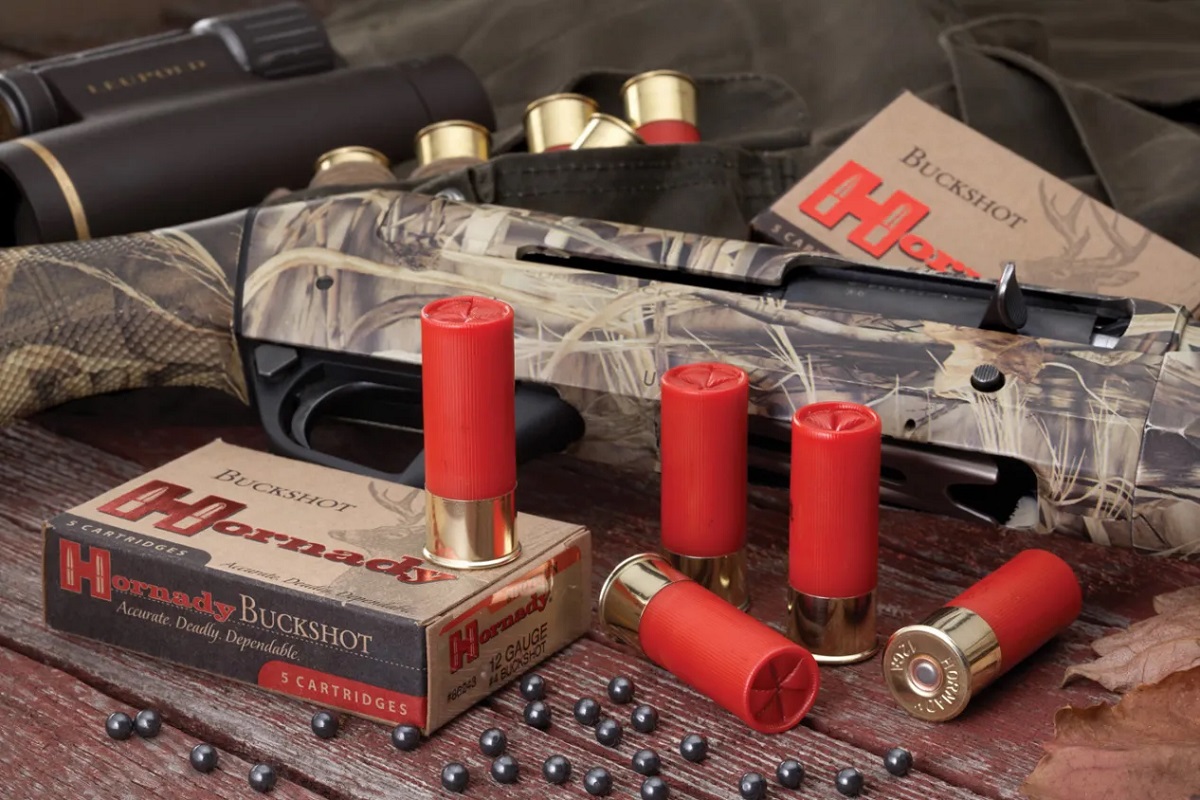

Home Security and Surveillance
What Kind Of Shotgun Shells For Home Defense
Modified: March 6, 2024
Looking to enhance your home security and surveillance? Learn which kind of shotgun shells are best for home defense and protect your loved ones.
(Many of the links in this article redirect to a specific reviewed product. Your purchase of these products through affiliate links helps to generate commission for Storables.com, at no extra cost. Learn more)
Introduction
When it comes to home security and personal safety, having the right tools is crucial. One such tool that has been a popular choice for home defense is the shotgun. With its impressive power and versatility, a shotgun can provide a sense of security and peace of mind.
However, choosing the right shotgun is only part of the equation. Equally important is selecting the appropriate ammunition, specifically shotgun shells, for your home defense needs. The type of shotgun shells you use can have a significant impact on the effectiveness and safety of your home defense strategy.
In this article, we will explore the different types of shotgun shells commonly used for home defense, including buckshot, birdshot, slugs, and specialty shells. By understanding their pros, cons, and best applications, you can make an informed decision and ensure that your home security remains a top priority.
Note: Before proceeding, it’s essential to check your local laws and regulations regarding firearm ownership and ammunition use.
Key Takeaways:
- Choose buckshot for close-range home defense, but be cautious of overpenetration. Practice with different loads to find the most effective option for your shotgun.
- Consider specialty shells for unique needs, like reducing recoil or minimizing overpenetration. Prioritize safety and compliance with local laws.
Read more: What To Put On Home Defense Shotgun
Factors to Consider
Before diving into the specific types of shotgun shells for home defense, it’s important to consider a few factors that can help guide your decision-making process:
- Effective Range: Consider the typical distances you may encounter within your home. Shotguns have different effective ranges depending on the type of ammunition used. Understanding the layout of your residence will help determine the appropriate range for your needs.
- Penetration and Stopping Power: Assess the potential threat level you wish to defend against. Some shotgun shells offer greater penetration and stopping power, while others are designed to minimize collateral damage.
- Overpenetration: Consider the potential risks associated with overpenetration, which is when projectiles pass through walls and pose a threat to unintended targets. This is especially important if you live in a densely populated area or share walls with neighbors.
- Recoil: Take into account your comfort level and ability to handle the recoil produced by various shotgun shells. Recoil can affect your accuracy and follow-up shots, so find a balance between power and manageability.
- Legal Considerations: Familiarize yourself with your local laws and regulations regarding the type of ammunition permissible for home defense. Some jurisdictions may have restrictions on certain types of shotgun shells.
By considering these factors, you can narrow down the options and select the shotgun shells that best align with your specific requirements and circumstances. Now, let’s delve into the different types of shotgun shells commonly used for home defense.
Buckshot
When it comes to home defense, buckshot is one of the most popular choices for shotgun shells. It consists of multiple lead or steel pellets packed together in a shell. The size of the pellets can vary, with common sizes being 00 (pronounced “double-aught”) and 000 (pronounced “triple-aught”).
Buckshot is highly effective at close ranges, making it ideal for home defense scenarios. The multiple pellets increase the chances of hitting and incapacitating an intruder, providing a significant stopping power. The pellets spread out as they travel, creating a wider shot pattern, which can compensate for aiming errors or moving targets.
However, it’s important to note that the spread of buckshot increases with distance. This means that at longer ranges, the pellets may disperse too much and become less effective. Additionally, the penetration power of buckshot can be high, which raises concerns about overpenetration. Careful consideration of your surroundings and potential collateral damage is crucial.
Shotguns chambered in 12 gauge are the most common for firing buckshot, but other gauges like 20 gauge can also be used. It is recommended to practice with different loads and patterns to determine the most effective combination for your specific firearm.
In summary, buckshot provides significant stopping power at close ranges and has a wide shot pattern. It is a popular choice for home defense due to its effectiveness, but users must be mindful of overpenetration and the expected engagement distances within their home.
Birdshot
Birdshot is another type of shotgun shell commonly used for hunting small game and birds. It typically contains small lead or steel pellets, ranging in size from #9 to #4. These smaller pellets allow for a greater number of projectiles in a shell compared to buckshot, resulting in a wider shot pattern.
While birdshot is not typically recommended for home defense, there are certain situations where it may be appropriate. Birdshot can be effective at close range, especially when used against an intruder wearing lighter clothing or at a non-critical target area. However, its stopping power and penetration ability are significantly lower compared to buckshot or slugs.
One key advantage of birdshot is its reduced risk of overpenetration. Since the pellets are smaller and have less mass, they are less likely to pass through walls or cause harm to unintended targets. This makes birdshot a safer choice for those living in densely populated areas or shared living spaces.
However, it’s important to note that birdshot may not reliably incapacitate an intruder, especially if they are wearing heavy clothing or are determined to cause harm. It is always recommended to use appropriate force for self-defense and, if possible, consult with local law enforcement or self-defense professionals for guidance.
Overall, while birdshot may have limited effectiveness for self-defense purposes, it can be an option for those concerned about overpenetration and potential collateral damage. However, individuals should thoroughly assess their specific home defense needs and consider alternative options such as buckshot or specialty shotgun shells.
Choose 00 buckshot or slug shotgun shells for home defense. They provide stopping power and are less likely to over-penetrate walls, reducing the risk of harming others.
Slugs
Slugs are solid projectiles designed to be fired from shotguns. Unlike buckshot or birdshot, which disperse multiple projectiles, slugs are singular, heavy bullets. They are commonly made of lead or other dense materials and are available in various sizes, including 12 gauge and 20 gauge.
Slugs are often used for hunting large game at longer distances, but they can also be effective for home defense in certain situations. The solid design of slugs provides excellent penetration power and accuracy, making them suitable for engaging targets at extended ranges.
When fired from a shotgun, slugs offer significantly increased accuracy compared to the spread of shot pellets. This can be advantageous in scenarios where precise shot placement is critical, such as when engaging a threat at a distance or aiming for a specific target area. Slugs can effectively incapacitate an intruder and minimize the risk of collateral damage.
However, it’s important to note that slugs have a higher chance of overpenetration compared to buckshot or birdshot. The solid slug retains more energy and has the potential to pass through walls or objects, posing a risk to unintended targets. Careful consideration of your surroundings and the potential for overpenetration is crucial when using slugs for home defense.
Additionally, the recoil produced by slugs can be substantial, especially when fired from a lighter and shorter-barreled shotgun. It is recommended to practice with slugs to familiarize yourself with the recoil and ensure the ability to maintain control and accuracy during defensive situations.
In summary, slugs offer excellent penetration power and accuracy, making them suitable for engaging targets at longer distances. They provide more precision than buckshot or birdshot, but users must be mindful of the potential for overpenetration and the recoil generated by firing slugs.
Read more: What Is The Best Home Defense Shotgun
Specialty Shotgun Shells
In addition to buckshot, birdshot, and slugs, there are a variety of specialty shotgun shells available for home defense. These specialized options offer unique features and functionalities to meet specific needs and preferences. Here are a few notable examples:
- Low Recoil Shells: These shells are designed to reduce recoil, making them more manageable for shooters who are sensitive to recoil or have difficulty handling heavier loads. While they may have slightly less stopping power, they can be an excellent option for individuals who prioritize ease of use and quick follow-up shots.
- Frangible Shells: Frangible shells are specifically designed to break apart upon impact with a hard surface, such as walls or furniture. This feature helps minimize the risk of overpenetration and reduces the chance of harm to unintended targets. Frangible shells are an excellent choice for those concerned about collateral damage in home defense scenarios.
- Rubber or Bean Bag Shells: These non-lethal options are loaded with rubber pellets or bean bags. While they are not intended for fatal use, they can be effective for less-lethal self-defense situations by incapacitating an intruder through impact and pain compliance. Rubber or bean bag shells are typically used in situations where lethal force is not justified or as a warning shot.
- Armor-Piercing Shells: These shells feature specialized projectiles designed to penetrate body armor or other barriers. However, it’s important to note that the use of armor-piercing shotgun shells may be restricted or even illegal in certain jurisdictions. Ensure that you are compliant with local laws and regulations before considering such options.
- Flashbang Shells: Flashbang shells are loaded with a pyrotechnic charge that produces a loud bang, flash, and smoke upon firing. They are primarily used for their psychological and disorienting effect, which can provide an additional layer of defense by startling and distracting intruders.
When considering specialty shotgun shells for home defense, it’s crucial to thoroughly research and understand their specific characteristics, legalities, and potential limitations. Remember to prioritize safety and choose the option that best aligns with your individual needs, local regulations, and potential risks.
Conclusion
Choosing the right shotgun shells for home defense is an essential aspect of creating an effective and reliable home security plan. Understanding the different types of shotgun shells available and their respective pros and cons is crucial for making an informed decision.
Buckshot is a popular choice, providing significant stopping power at close ranges, but users must be cautious of overpenetration and consider the expected engagement distances within their home.
Birdshot, while not typically recommended for self-defense, can be a safer option for those concerned about overpenetration and collateral damage. However, its stopping power may be insufficient against determined intruders.
Slugs offer increased accuracy and penetration power, making them suitable for engaging targets at longer distances. However, the potential for overpenetration and the recoil generated by slugs should be carefully considered.
Specialty shotgun shells provide additional options tailored to specific needs, such as reducing recoil, minimizing overpenetration, or delivering non-lethal force. These shells offer unique functionalities, but ensure compliance with local laws and regulations.
Ultimately, the choice of shotgun shells for home defense should be based on factors such as effective range, stopping power, overpenetration risk, recoil, and legal considerations. It is recommended to seek professional advice, practice with different types of shells, and familiarize yourself with your firearm’s capabilities and limitations.
Remember, your priority is to protect yourself and your loved ones while minimizing potential risks to others. Regular training, proper firearm handling, and adherence to safety protocols are essential when using shotguns or any firearms for home defense.
By investing time in researching and selecting the appropriate shotgun shells, you can ensure that your home security strategy is well-equipped and ready to protect you in the face of any potential threat.
Frequently Asked Questions about What Kind Of Shotgun Shells For Home Defense
Was this page helpful?
At Storables.com, we guarantee accurate and reliable information. Our content, validated by Expert Board Contributors, is crafted following stringent Editorial Policies. We're committed to providing you with well-researched, expert-backed insights for all your informational needs.
